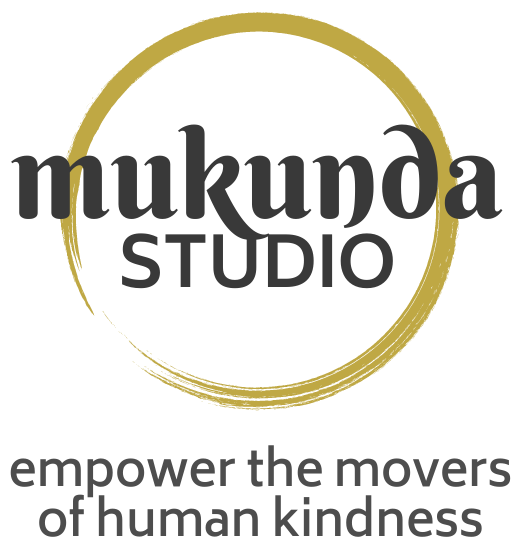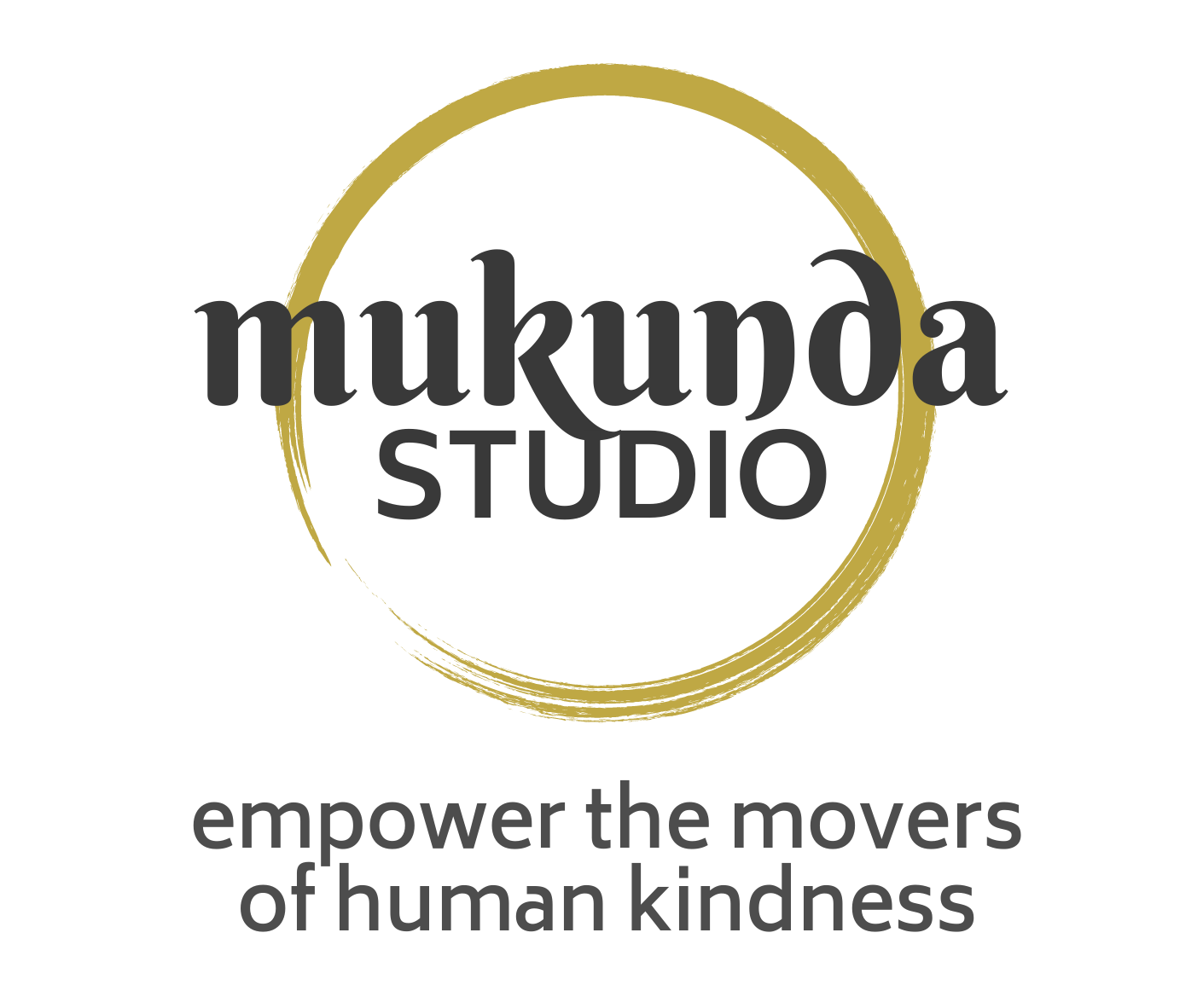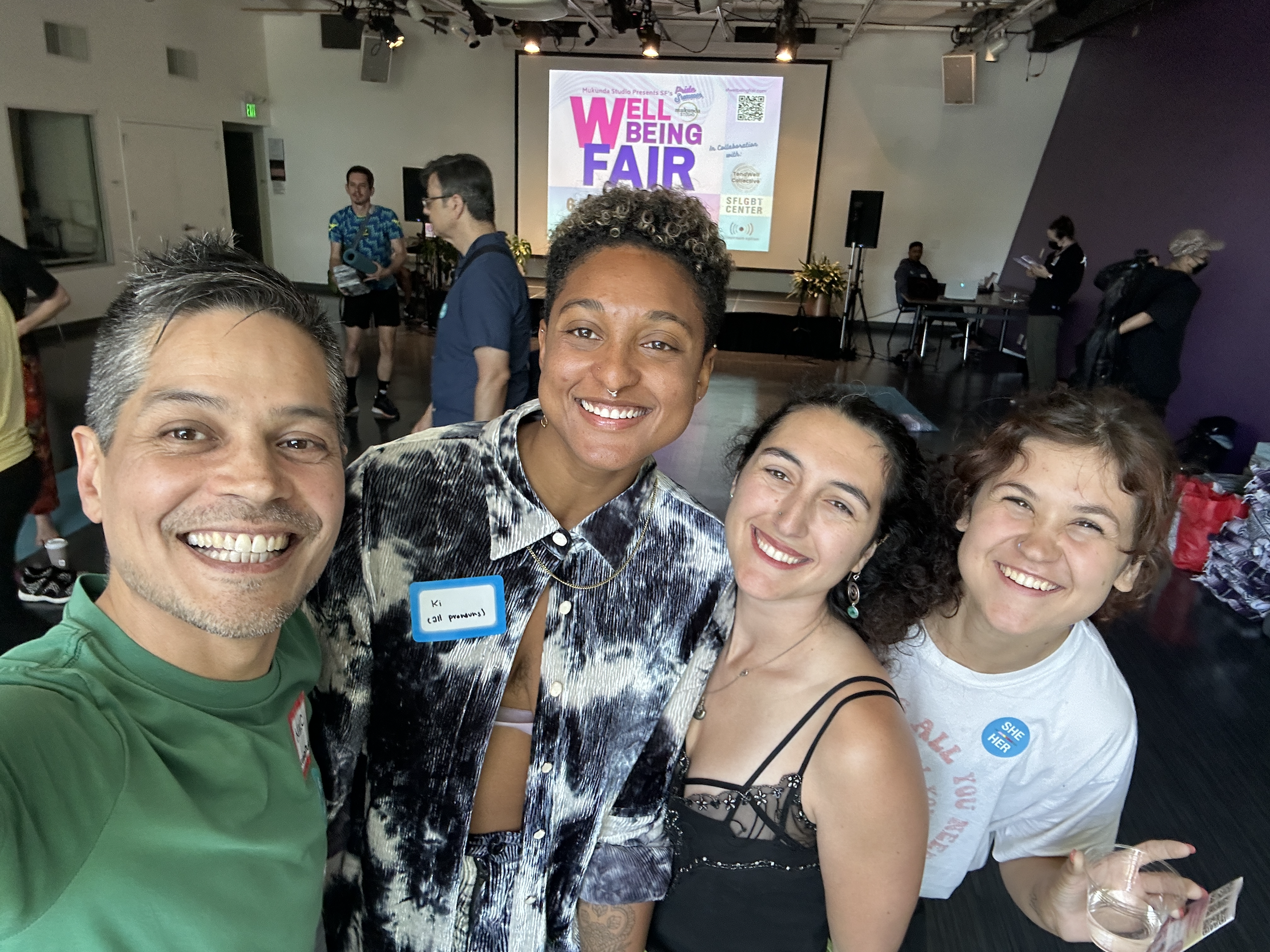Grief and Joy. This was one of our themes at the Pride Summer Well-being Fair that showed up in Ki Charles’s Yoga class as an introspective topic and in David Khalili’s Conversation Circle as a discussion point. It was shared in our altar to a Free Palestine with a beautiful painting and a 1948 family photograph from artist Hussam and it was alive in conversations with practitioner Susan Sullivan, death doula. Can grief and joy connect us as we celebrate being human? How do we honor life and humanity with all of the complex emotions that we share? Do we tend to cling to some emotions, only wanting more of those and push away the feelings and thoughts that challenge us? Are we triggered when feeling uncomfortable and rather than seek to uncover our part, we’re quick to blame someone else?
Sometimes, I feel like we forget that navigating through the more difficult emotions is to help us toward developing deeper compassion. When we accept these emotions exist, we foster growth of our emotional intelligence and often relate to one another with greater care. It seems this isn’t the message most receive in their workplaces or everyday life. Achievement, advancement and accumulating wealth rule over our natural wisdom. Our love and kindness dwindle into mockery by our industrial complex unless we can speak up for these powerful resources of being. And trauma is the missing topic that is often working overtime to hold us captive to our own healing. So what can we do?!
Shrugging our shoulders and saying that’s just the way it is would be an option that freezes us into a static existence. Screaming at people to change and getting angry when things don’t go our way would be a long path because it separates before it connects. Accepting that progress is slow and working to educate one another, understand one another, respect one another, is another way. And it engages people in conversation. It’s not a missing key that we need to find. It’s a missing consideration that starts with each of us being accountable to the collective.
I want to close with a portion of what I shared today on IG. If you’ve been reading my newsletters, you’ll know I’ve been talking about Israel/Palestine for months as a way to raise awareness and it’s been a process born of my own shedding and painful release of what I had claimed as part of my identity. From today’s post on @yogamukunda IG
—–
Somehow, we may accept hearing occupation and genocide are happening in some countries, but many find it hard to hang in long enough to fully understand how settler occupation happening in Gaza and the West Bank could be included.
The default of naming terrorism for justification becomes clearly a story of reversal when diving in to learn and often unlearn a long-held Zionist narrative. Until 15 or so years ago, my ears couldn’t hear much of this, but there’s no illusion to this history now. If I would have only listened to the first flash of news from 10/7 and had no other context, I might be feeling confused, detached or defensive. This movie (Where Olive Trees Weep) might be the support for someone who is willing to expand their understanding of this “conflict.”
Conveniently called a complicated story, it becomes quite simple to see but requires a complex dismantling of a common narrative of colonialism, akin to White Supremacy. I know, sounds uncomfortable and may cause us to lose anchor with our comfort zones. How else does change happen?! As a member of the LGBTQ+ and anti-Zionist communities, it is painfully clear that resistance is required and often labeled as “the bad guys.” Hopefully, we will find our way through and realize our cognitive dissonance, sympathy, guilt and numbness won’t create the change but our solidarity will.
Let’s stay connected,
Marc


